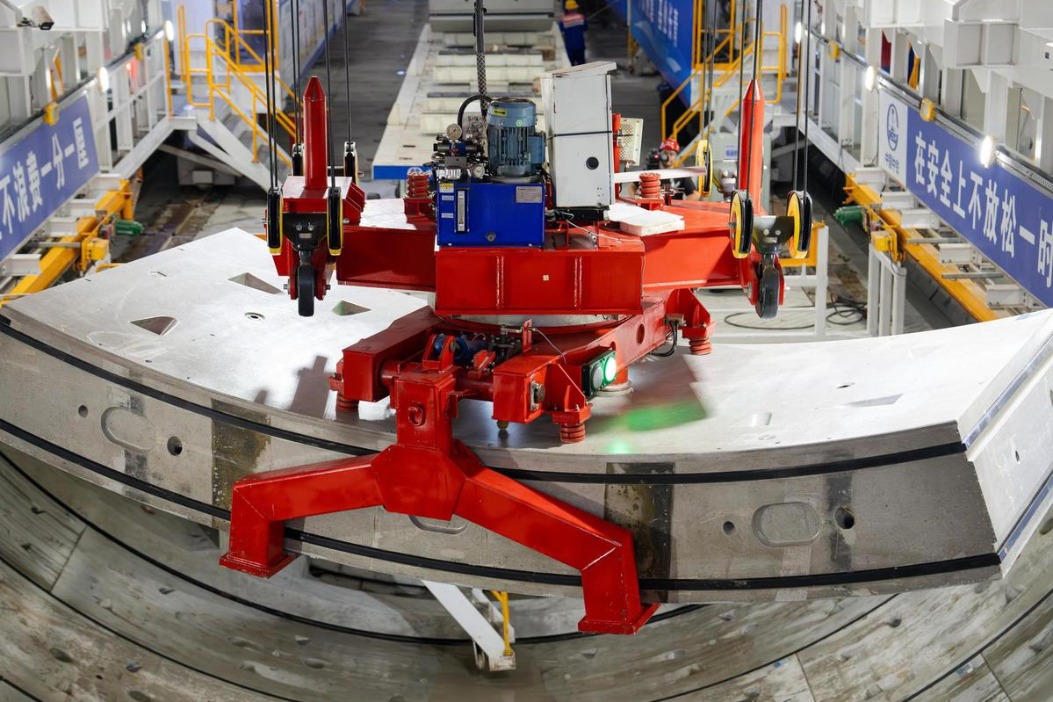Hangzhou at vanguard of power efficiency monitoring

In the control room of State Grid Jiande Power Supply Co's comprehensive energy center in Hangzhou, Zhejiang province, Zhang Wenrui, a grid technician, closely checks data from a local company's 0.34 megawatt distributed photovoltaic station.
By monitoring the annual photovoltaic utilization hours and efficiency degradation rate of Jiande Pengcheng Plastic Co Ltd on Oct 18, Zhang got to know its solar power energy efficiency during the previous week.
The city's innovative distributed photovoltaic efficiency enhancement service platform offers him real-time access to photovoltaic efficiency information within Hangzhou, which administers 10 districts, one county-level city and two counties, including Jiande.
In May, Pengcheng Plastic received a photovoltaic operation diagnosis report provided by the platform, indicating that its solar power station had low generation hours, potentially due to technical issues.
After analyzing the company's daily operational efficiency and maintenance staff configuration, the platform developed a specialized maintenance plan for it.
Through on-site inspections, employees from State Grid Hangzhou Power Supply Co discovered such issues as damage to the direct current (DC) lines affecting generating efficiency, and guided it through necessary corrections.
Now, Pengcheng Plastic's average daily generation efficiency has improved by 15 percent, leading to an annual increase of some 19,000 kilowatt-hours of photovoltaic output and a reduction of 15.7 metric tons in carbon emissions, thus achieving cost and carbon reductions.
The successful application of such a platform started in July 2022, when State Grid Hangzhou and its subsidiary State Grid Jiande joined government energy departments, and distributed photovoltaic enterprises developed the platform by leveraging the advantages of energy and information flow.
"The platform comprehensively utilizes two core indicators — annual photovoltaic utilization hours and annual efficiency degradation rates — establishing a photovoltaic efficiency degradation evaluation model to assist enterprises in intelligent operations and maintenance, repairs and renovations, and personalized services," said Sun Chaonan, who is in charge of the comprehensive energy center of State Grid Jiande.
Sun said the model can offer precise identification of low-efficiency distributed photovoltaics, diagnostic matching of fault causes and professional maintenance plans, helping enterprises improve operational efficiency of photovoltaic stations, reduce maintenance costs and extend service life, thus yielding "solar gains".
The initiative can also aid local governments in supervising energy efficiency levels, formulating plans and enacting favorable policies so as to reduce photovoltaic resource waste and bolster the generation of green electricity, he said.




































